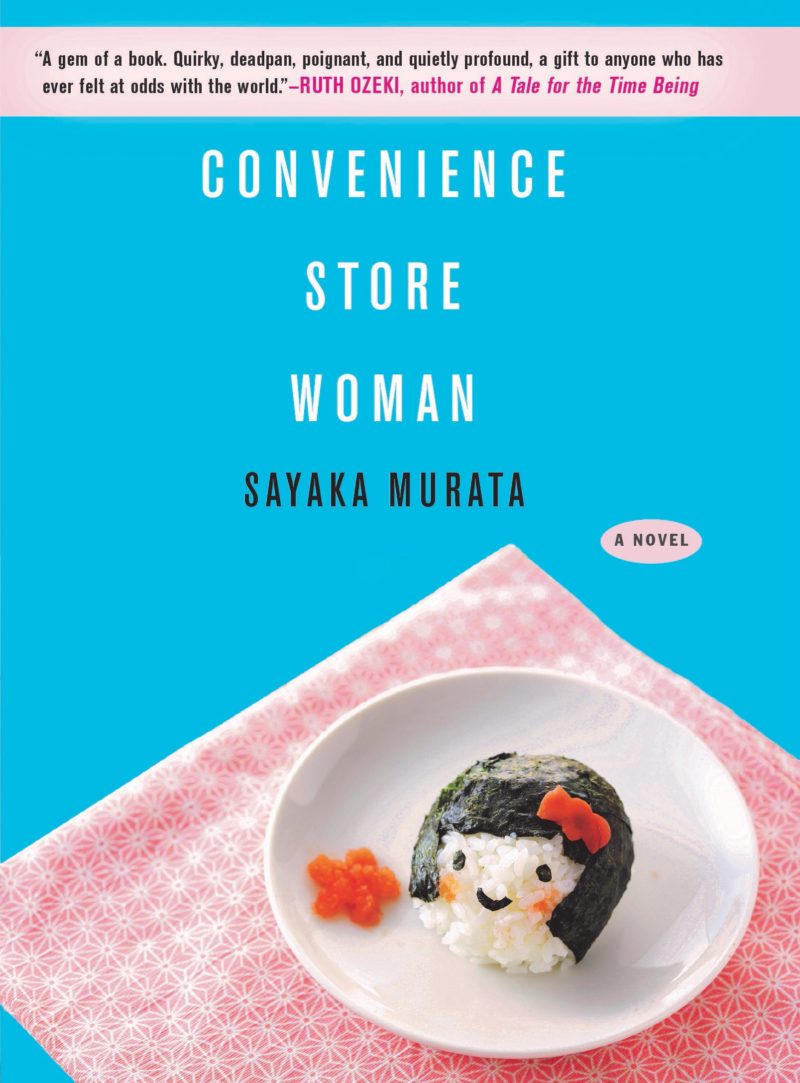
“I Never Cared About Normalcy.”
Three Things To Enjoy in Relation to This Book:
A large cup of Tim Hortons coffee
Hostess Donettes
Eleanor Oliphant is Completely Fine, by Gail Honeyman
For this series, I ask writers I admire to recommend a book. I read it, then we talk about it. For this installment, Lauren Wilkinson recommended Convenience Store Woman by Sayaka Murata.
Lauren Wilkinson’s novel American Spy is a gripping, heart-felt debut that, yes, is about a spy, and, yes, did make me cry. Aside from the pitch-perfect writing, what impressed me most was Wilkinson’s ability to combine a completely entertaining genre yarn with an unflinching examination of race, gender, motherhood, the walls we must build to protect ourselves, and how those effect the ways in which we’re able to love.
Convenience Store Woman is a very different kind of story. It’s a short novel about a woman who feels most at home while at work, and in our discussion of it, Wilkinson and I touched on questions of normalcy, routine, John Cusack, and the underlying violence in human nature.
—Colin Winnette
THE BELIEVER: Do you mind providing a brief description of Convenience Store Woman, to ground those unfamiliar with it?
LAUREN WILKINSON: Convenience Store Woman is a Japanese novella in translation about Keiko Furukura, a woman who feels like the only place she fits in is the convenience store in which she works. I’d say that the book has a playful tone that is occasionally undercut by something a bit darker.
BLVR: What brought this book into your life? What caused you to pick it up for the first time, and what was that experience like?
LW: The author, Sayaka Murata, gave a reading at the McNally Jackson bookstore in Brooklyn, which was organized by her publisher and the Japan Society. I hadn’t even heard of the book until I showed up to the event, so it was all one big lucky coincidence. I read it in one sitting, on a plane coming back from Paris. This was around the holidays, so before Paris I’d been in London visiting family.
This book stayed with me because it a strange and slightly unruly little book. And yet, not only is it allowed to be that, it seems like it’s loved for all its weirdness. Apparently, it’s a bestseller in Japan. It won the Akutagawa Prize. I have not taught it, but I do recommend it to friends because it’s short and insightful. And fun.
BLVR: The novel opens and closes with moments describing the “sounds of the convenience store,” not the sights or smells of...
You have reached your article limit
Sign up for a digital subscription and continue reading all new issues, plus our entire archives, for just $1.50/month.
Already a subscriber? Sign in




